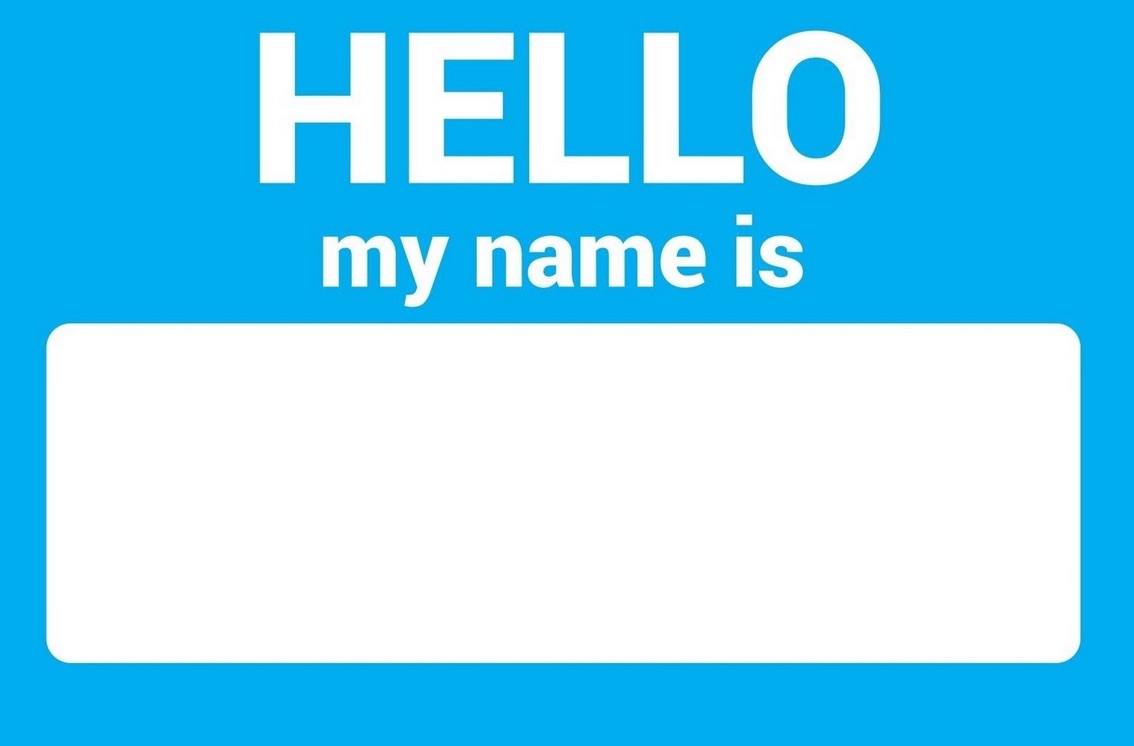Month: July 2022
-

calling all teaching wolves by your name
Last week I wrote about interdependence over independence, and this week I am launching the online Open-Source Learning community. Join the online Open-Source Learning community HERE. More than ever, I want everyone to understand that Open-Source Learning is a “we” thing – it is definitely not a “me” thing. I gave the name Open-Source Learning…
-

happy interdependence day
Happy Fourth of July. Independence Day. What a scam. I’m all for a party – I’m American! – but what exactly are we celebrating? The liberation of a few white colonists from King George? Freedom? No woman I know is celebrating being told what to do with her uterus. Equality? Prosperity? I’m going to celebrate…